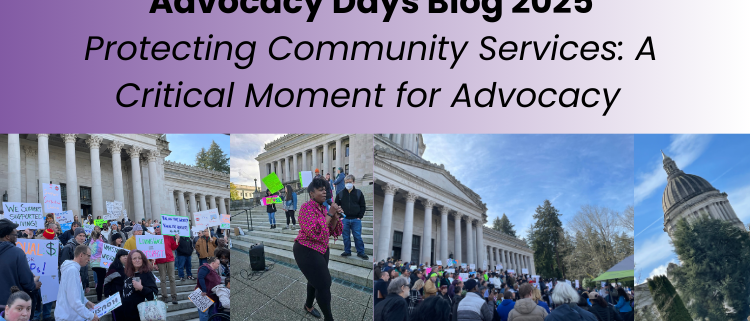Your Voices Are Being Heard
Your Voices Are Being Heard
Spring is in full swing, and so is our advocacy work—both at the state and federal levels. We are over halfway through the 105-day state legislative session. At this point in the year, when the sun starts coming out more but the long slog of reading news and testifying on bills starts to feel dreary, it’s essential to reflect on how much we’ve already accomplished together. The bottom line is this: your advocacy is making a difference.
Thanks to your support and the dedication of our network of hundreds of members of The Arc:
- Hundreds of disability rights advocates signed in to support crucial bills aimed at consolidating Residential Habilitation Centers (RHCs) (HB 1472 / SB 5393).
- More than 1,000 community members wrote letters to elected officials in response to our Medicaid Matters alerts, amplifying the call for Medicaid protections.
Your stories are being heard by at the highest levels of government. Julie Clark, Chair of the Developmental Disabilities Council, was invited to share her story at a press conference hosted by U.S. Senator Patty Murray in Olympia this week, and she absolutely rocked it!
“I lived in a shared house. I love that in my own home…I can go anywhere I need or want, but I require a caregiver for safety,” Julie said in her speech. “Everyone deserves to have a quality of life – to work and to live in their own home in their community. Medicaid cuts would be very harmful to myself and those like me. Cuts would affect my living situation drastically because I would be forced to live in an institution.”
Julie’s advocacy reached many this week, and we invite you to watch her impactful story: Watch Julie Clark’s Story

Senator Patty Murray/ Julie Clark
Share Your Medicaid Matters Story
Your voice is powerful and can influence change just like Julie. We are collecting stories from our community of how cuts to Medicaid would impact your life. Please, consider submitting your Medicaid Matters story as a video or a written story here: Medicaid Matters Story Submission Form
Keep the Pressure on Congress
Your Congressional delegation needs to hear from you about the critical importance of Medicaid. You may feel like you’ve already taken action many times, but remember—Congress keeps track of every call and message, and that data plays a role in decision-making.
If you want to help keep the pressure on, make yourself a reminder to call multiple times a week. Sharing that you care about Medicaid over and over again is one of the most important ways we can advocate to avoid cuts:
Call the Hands off Medicaid Hotline to reach Congress: 866-426-2631
Or send an email using our tool: https://actionnetwork.org/letters/tell-congress-medicaid-is-a-lifeline-for-people-with-disabilities
Budget Updates: Stay Alert, Stay Engaged
We anticipate the State Senate and House budgets will be released next week, and we’re eager to see how legislators plan to address the $12-$14 billion budget shortfall. Key questions remain:
- What mix of cuts and new revenue (income) will they propose?
- How will essential services be impacted?
We are deeply concerned about potential cuts to critical services. Our message remains clear: Cuts Cause Crisis! Take care of yourself this week and we’ll all be ready to advocate when the time comes.
Follow our budget tracker for the latest updates:
View Budget Tracker
Stay Informed on Key Legislation
Bills are still making their way through the legislative process. Keep track of them here:
View Bill Tracker
Thank you for your continued passion and advocacy. Together, we make a difference!









